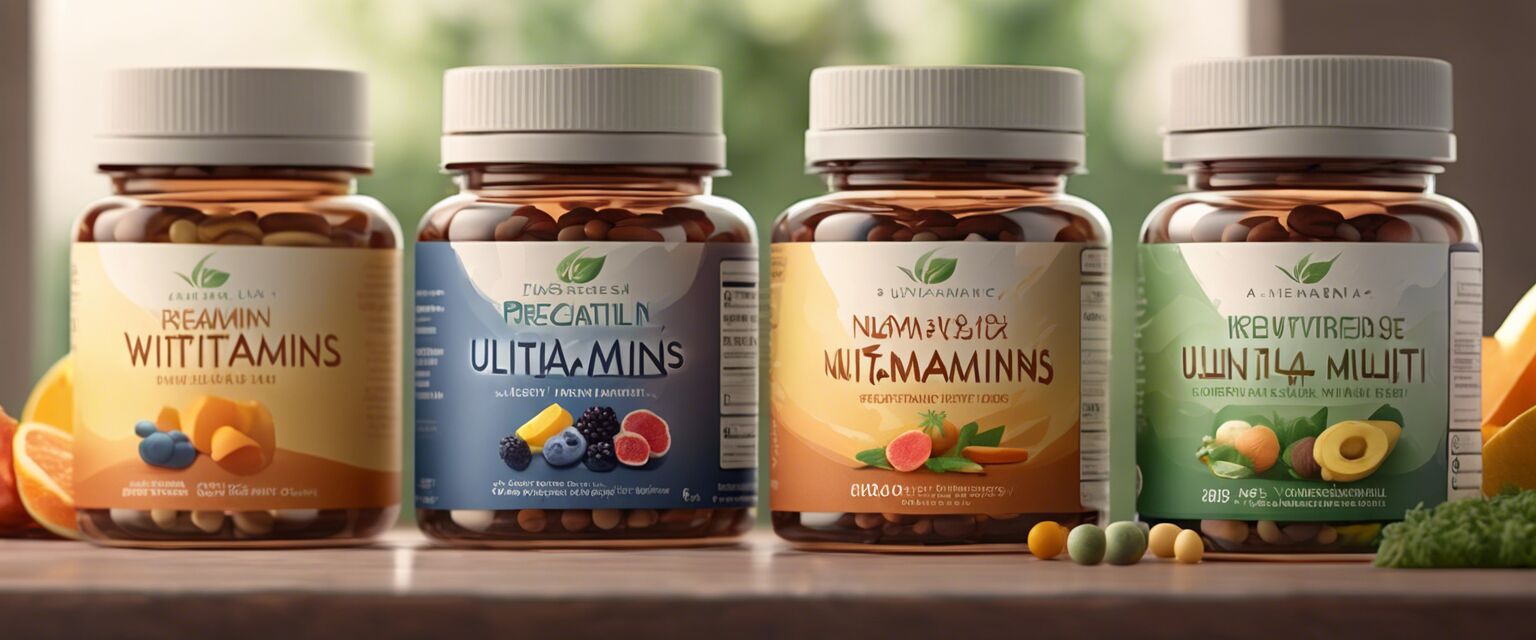
Organic vs Synthetic Vitamins
Key Takeaways
- Organic vitamins come from natural sources, while synthetic vitamins are man-made.
- Both types of vitamins have their own set of pros and cons.
- Personal preference and dietary needs should guide your choice.
- Consulting a healthcare professional can help in making informed decisions.
Choosing the right prenatal vitamins is crucial for expecting mothers. While both organic and synthetic vitamins have their benefits, understanding the differences can help you make an informed decision. This article will explore the characteristics, benefits, and drawbacks of both types of vitamins, ultimately helping you to choose what best fits your lifestyle.
What Are Organic Vitamins?
Organic vitamins are derived from natural sourcesâlike plants, fruits, and vegetables. These vitamins are minimally processed and are often perceived as more beneficial by some people.
Benefits of Organic Vitamins
- Typically contain other beneficial nutrients.
- Fewer artificial additives and preservatives.
- Better absorption rates for some individuals.
- Considered more environmentally friendly.
Drawbacks of Organic Vitamins
- Generally more expensive.
- Limited availability for some vitamins.
- Shorter shelf life compared to synthetic vitamins.

What Are Synthetic Vitamins?
Synthetic vitamins are created in laboratories to mimic the chemical structure of natural vitamins. They are often found in widespread use due to their affordability and availability.
Benefits of Synthetic Vitamins
- Typically more affordable.
- Consistent potency and shelf life.
- Widely available in various forms.
- Convenient for maintaining specific nutrient levels.
Drawbacks of Synthetic Vitamins
- May not provide the same level of absorption as organic vitamins.
- Can contain artificial additives.
- Some individuals may experience digestive discomfort.

Comparing Organic and Synthetic Vitamins
| Aspect | Organic Vitamins | Synthetic Vitamins |
|---|---|---|
| Source | Natural food sources | Lab-made compounds |
| Cost | Higher | Lower |
| Availability | Limited | Widely available |
| Absorption | Typically better | Variable |
| Additives | Minimal | Potential additives |
Choosing the Right Option for You
When deciding between organic and synthetic vitamins, itâs essential to consider your dietary needs, financial capacity, and personal preferences. Here are some factors to keep in mind:
Tips for Choosing Vitamins
- Consult a healthcare professional to assess your nutritional needs.
- Consider food sources that can provide these nutrients naturally.
- Evaluate your budget when selecting vitamin options.
- Read labels carefully to understand what youâre consuming.
Conclusion
In the debate between organic and synthetic vitamins, thereâs no clear-cut winner. Each has unique advantages and drawbacks, making it essential to consider your own needs and preferences. The best choice ultimately is the one that supports your health journey while providing your body with the necessary nutrients.
Pros
- Both organic and synthetic vitamins can support health during pregnancy.
- They provide essential nutrients that may be lacking in diets.
- Wide options available catering to different dietary restrictions.
Cons
- Choosing incorrectly may lead to nutritional deficiencies.
- Not all vitamins have the same absorption efficiency.
- Environmental factors may affect vitamin quality.







